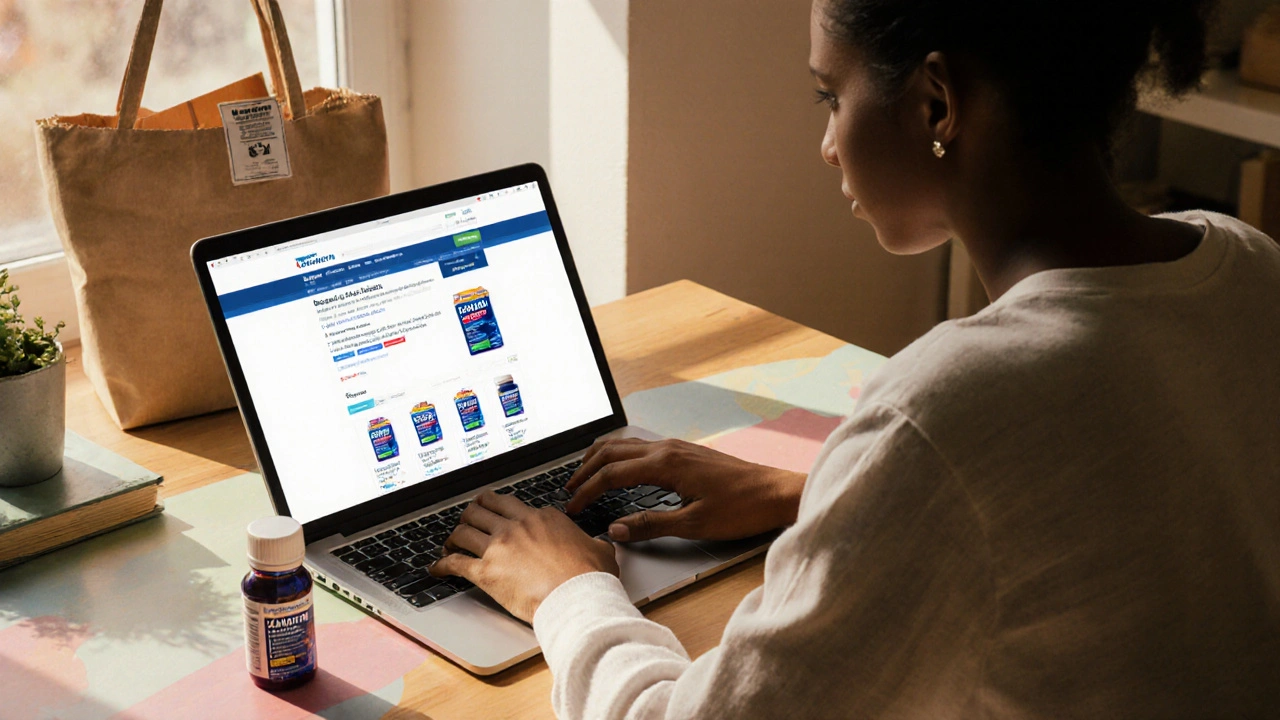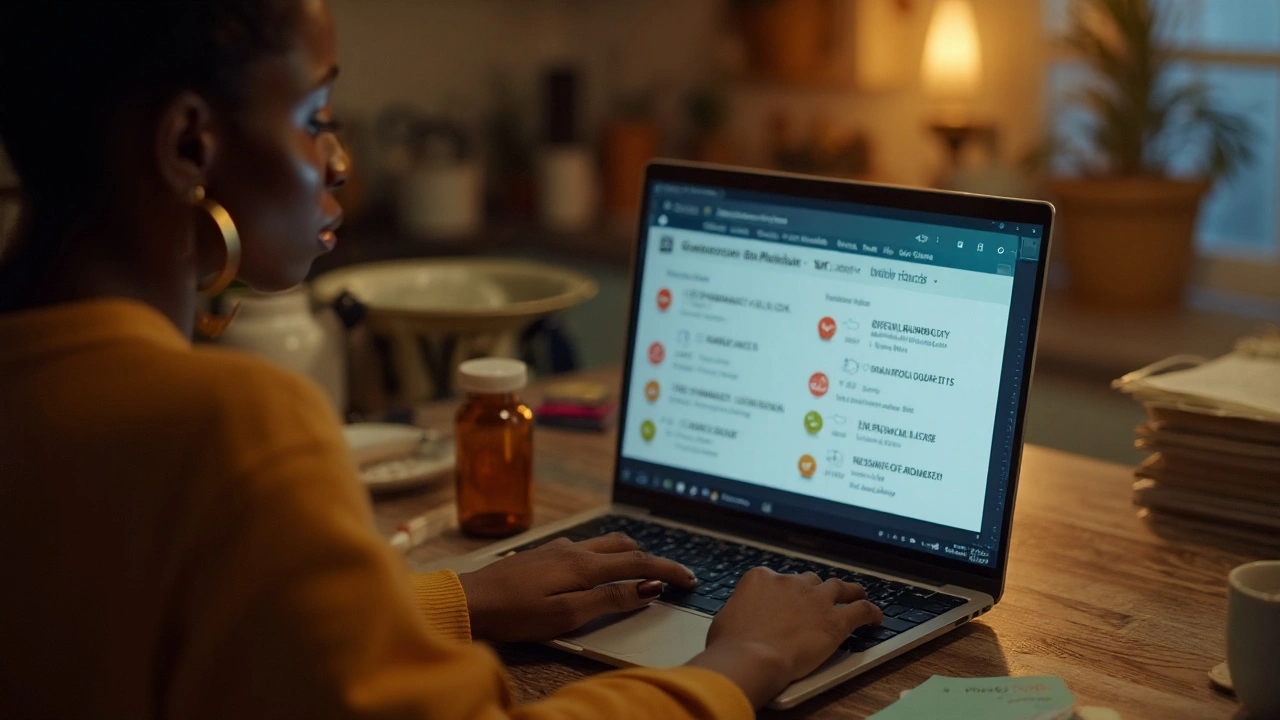Online Pharmacy: How to Buy Medicines Safely Online
Buying medicines online can save time and money, but it also comes with risks. This page groups practical advice, safety checks, and quick tips so you can shop smarter. Use these steps before you click "buy."
How to spot legit online pharmacies
First, look for basic trust signals. A real pharmacy lists a physical address and a licensed pharmacist you can contact. Check for HTTPS in the browser and clear contact info. If a site ships controlled drugs without requiring a prescription, that's a red flag. Regulators like the National Association of Boards of Pharmacy (NABP) and country-specific drug agencies maintain lists of approved online pharmacies - use those lists when you can.
Read reviews, but treat them carefully: some fake sites post fake praise. Cross-check with independent sources and watch for consistent complaints about shipping, product quality, or billing. Prices that are dramatically lower than local pharmacies are tempting, but unusually low prices often mean counterfeit or expired products.
Practical buying tips
Always use a prescription when one is required. If you don't have a valid prescription, speak with your doctor or use a legitimate telehealth service that issues prescriptions after an exam. Keep records: save order confirmations, receipts, and pictures of packaging when it arrives.
Check labels on arrival. Compare pill shape, color, and markings with trusted references like official drug databases. Don't use medicines with damaged packaging, broken seals, or missing labels. For temperature-sensitive drugs, confirm the seller's shipping methods before you order.
Understand customs and legal rules. International orders can be delayed, taxed, or seized at the border. Prescription rules vary by country - what's legal in one place may be illegal in another. If you need ongoing therapy, find a pharmacy that offers reliable refills and a clear returns policy.
Use secure payment methods. Credit cards and trusted payment systems offer fraud protection. Avoid wire transfers, cryptocurrency, or payment apps that offer no buyer protections. If a seller pressures you to pay outside the site, step away.
Compare savings tools carefully. Coupons and discount cards can cut costs, but some services have upsells or data collection. Consider reputable coupon platforms, and verify terms before sharing personal info.
When in doubt, contact a professional. Your healthcare provider or local pharmacist can often confirm whether a product and dose are appropriate. If a product causes unexpected side effects, stop using it and seek medical help right away.
This tag page collects articles about buying specific drugs, alternatives, safety reviews, and shopping tips. Use the links on this page to read focused guides on medications, online stores, and how to spot scams.
Want quick help? Check reviews for specific drugs like Toprol, Nifedipine, or Albuterol on this site. We post buying guides, safety notes, and alternatives so you can compare options. If you're shopping for supplements or specialty products such as steroids or eye meds, read the dedicated reviews first. Bookmark trusted pages and update your pharmacist if something seems off. Stay safe online.



